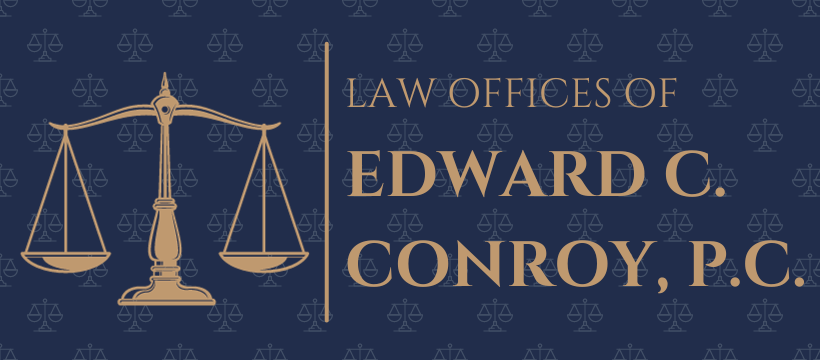Elder law encompasses legal representation, counseling, and support for seniors and their families across a range of legal matters. These include estate planning and ensuring access to affordable, long-term care. Our central objective in this field is to enhance independence and improve our clients’ overall quality of life. We adopt a comprehensive approach by thoroughly understanding their unique legal, medical, financial, social, and familial circumstances. Leveraging our expertise in Medicaid eligibility and Veterans Benefits, we assist clients in qualifying for nursing home care support without depleting their assets or exhausting their savings.
A Power of Attorney and its durable counterpart are essential legal tools, alongside Guardianship and Conservatorship, enabling the delegation of decision-making authority to a trusted third party—often a family member or close friend.
Powers of Attorney vs. Guardianships and Conservatorships
Understanding the distinctions between establishing a Guardianship or Conservatorship and obtaining Powers of Attorney is crucial:
Types of Powers of Attorney: Durable and Limited
Customized Powers of Attorney can address your specific needs. Our seasoned attorneys ensure that the document includes only the areas of authority you wish to delegate. Additionally, you can specify “checks and balances” within the document.
Every family’s circumstances differ. Let our experienced attorneys guide you in determining whether Power of Attorney, Durable Power of Attorney, Conservatorship, or Guardianship best suits your family member. Contact our office to speak with a lawyer.
When an individual faces diminished mental capacity or chronic illness, making informed medical decisions can become challenging. In such cases, a Healthcare Proxy plays a crucial role. If a person has previously executed a Healthcare Proxy, it can be activated, effectively transferring the authority to make medical decisions to a trusted representative.
Why Healthcare Proxies Matter
Healthcare proxies serve as a safety net for most people, ensuring that their needs are met by individuals they trust and love. Whether someone is in good health or dealing with conditions like mental illness, dementia, Parkinson’s disease, multiple sclerosis, or severe diabetes, the possibility of diminished mental capacity looms. As their condition worsens, they may refuse necessary treatment or stop taking essential medication. A healthcare proxy not only empowers you to make informed decisions on behalf of an ailing family member but also provides legal grounds for obtaining a court order if necessary.
Living Wills: Respecting Your Wishes
Imagine a scenario where you become completely incapacitated and unable to make medical choices. Doctors may use life-saving or life-support technologies, potentially leaving you in a permanent vegetative state. This situation can lead to family disputes and financial challenges when insurance coverage runs out or is denied. Combining a healthcare proxy with a living will allows you to specify your preferences. You can direct when to remove feeding tubes, end resuscitation efforts, or cease artificial ventilation.
At The Law Offices of Ed Conroy, we can assist you in creating a healthcare proxy. We also review existing estate plans to identify any potential conflicts, such as different family members holding varying legal authorities. For more information on healthcare proxies and living wills, reach out today.
An essential component of any comprehensive estate plan is the Last Will and Testament, commonly referred to as a “Will.” This legal document plays a pivotal role in controlling the distribution of property after an individual’s passing. Let’s explore its key benefits:
The Consequences of Dying Without a Will
If you pass away without a Will, Massachusetts statutes dictate how your property will be distributed. Unfortunately, these formulas lack flexibility and do not account for specific family needs or your personal wishes. Additionally:
Creating a Will: Professional Guidance Matters
While it’s possible to create a Will without a lawyer, using software programs or online services often results in invalid documents. Even when valid, these DIY Wills may leave critical questions unanswered. Seeking legal counsel is advisable for several reasons:
For peace of mind and a well-crafted estate plan, consult an attorney who can guide you through the process
As people live longer into retirement, they face complex healthcare challenges. Long-term care planning becomes crucial, especially considering the potential cost of care at skilled nursing facilities. To preserve your wealth and protect yourself, your assets, and your loved ones, consulting a reliable long-term care planning attorney is essential.
Attorney Conroy, a distinguished elder law and estate planning attorney serving Massachusetts residents, offers expert advice and guidance on long-term care planning strategies. Whether you’re wondering about staying in your home, finding an appropriate skilled nursing facility, or financing long-term care, we can assist you.
Our comprehensive long-term care planning services include:
Without a well-thought-out long-term care plan, your independence and financial security may be at risk. When you consult with us, we prioritize protecting your legal rights, allowing you to enjoy your golden years with peace of mind.
Medicare and Long-Term Care Costs
Long-Term Care Insurance
Medicaid Planning
Incapacity Planning Documents
Partner with our dedicated legal team to protect yourself, your assets, and your loved ones.
